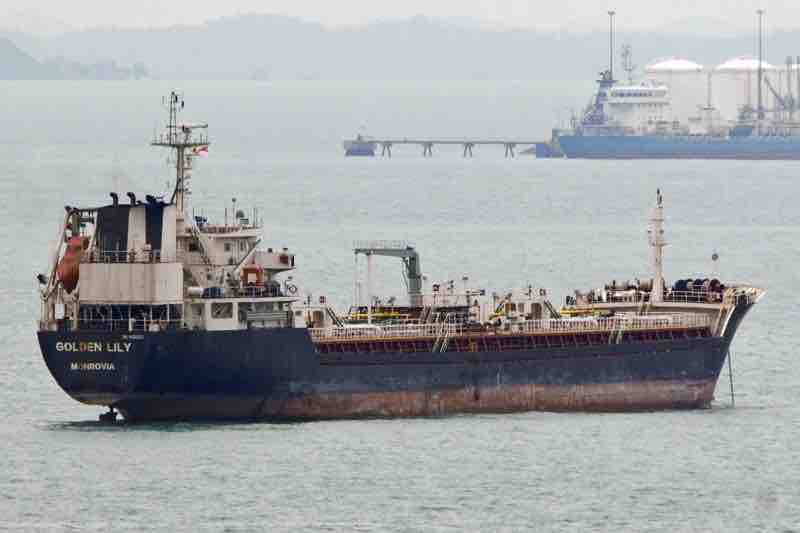
Bulk Bitumen vessel
The size of a bulk bitumen vessel can vary depending on the specific requirements and capacity of the shipment. These vessels are design to transport bitumen 60/70 in large quantities efficiently and safely. Generally, bulk bitumen vessels can range in size from small barges or tankers to larger vessels like oil tankers or asphalt carriers.
Capacity and tonnage
The most common size of vessels falls within the range of 1,000 to 40,000 deadweight tons (DWT). Deadweight tonnage refers to the maximum weight a vessel can carry, including cargo, fuel, crew, and provisions.
Small bitumen vessel
Smaller vessels with a capacity of around 1,000 to 10,000 DWT are typically use for regional or coastal transportation of bitumen 80/100. They are well-suite for supplying local markets or smaller construction projects.
Table of Contents
ToggleLarge bulk bitumen vessel
On the other hand, larger bitumen vessels, with capacities ranging from 20,000 to 40,000 DWT, are utilize for international shipments, covering longer distances between countries or continents. These larger vessels are more cost-effective for transporting on a global scale.
Port,Distance and routs
It’s important to note that the size and capacity of bulk bitumen vessels can vary further base on specific regulations, shipping routes, and the infrastructure available at the loading and unloading ports.
In conclusion, the vessels come in various sizes to meet the demands of transporting bitumen efficiently and economically. The appropriate vessel size is determine by the volume of bitumen require for a particular project or the distance it needs to travel to reach its destination.

